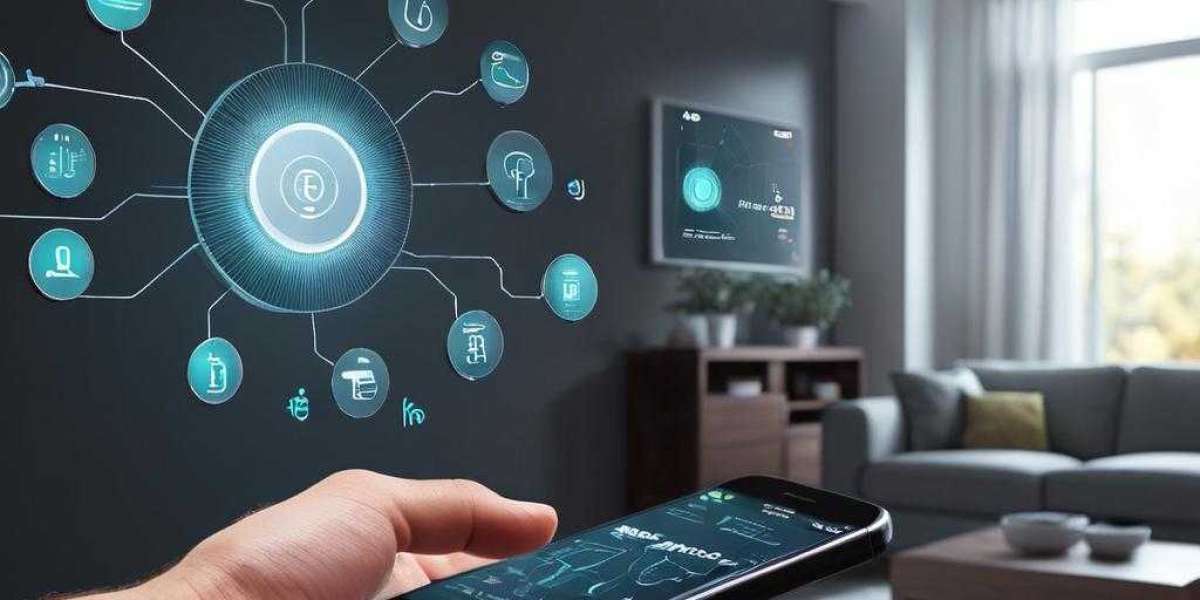In today's fast-paced world, where convenience is key, https://smart-in-home.com/collections/smart-sensors/ emerge as game-changers in the realm of home automation. These tiny yet powerful devices are revolutionizing the way we interact with our living spaces, offering a plethora of benefits that enhance both comfort and efficiency.
Smart sensors are designed to detect and respond to various environmental changes, from motion and temperature to light and humidity. By seamlessly integrating with other smart devices and systems, they create a cohesive ecosystem that adapts to our needs in real-time.
One of the primary advantages of smart sensors is their ability to optimize energy usage. With intelligent monitoring of temperature and occupancy, for instance, they can adjust heating and cooling systems accordingly, leading to significant energy savings and reduced utility bills.
Moreover, smart sensors play a vital role in home security. Motion sensors can detect unauthorized entry or unusual activity, triggering alarms or notifying homeowners via smartphone alerts. Combined with smart cameras and door locks, they provide a comprehensive security solution, offering peace of mind whether you're at home or away.
But the benefits of smart sensors extend beyond energy efficiency and security. They also contribute to enhanced comfort and convenience. Imagine walking into a room, and the lights automatically brighten to your preferred level, or your favorite playlist starts playing as you enter the living room—all thanks to smart sensors that anticipate your actions and preferences.
In addition to indoor applications, smart sensors are increasingly utilized in outdoor environments, such as smart irrigation systems that adjust watering schedules based on soil moisture levels or weather forecasts. This not only conserves water but also promotes healthier plants and gardens.
As technology continues to advance, the capabilities of smart sensors will only grow. From healthcare applications like monitoring vital signs to improving traffic flow and urban planning, the potential uses are virtually limitless.
In conclusion, smart sensors are not just gadgets; they're catalysts for a smarter, more connected future. By harnessing the power of data and automation, they empower homeowners to create personalized, efficient, and secure living environments. Embracing smart sensors is not only a step towards modernization but also a leap towards a more sustainable and intelligent way of living.



